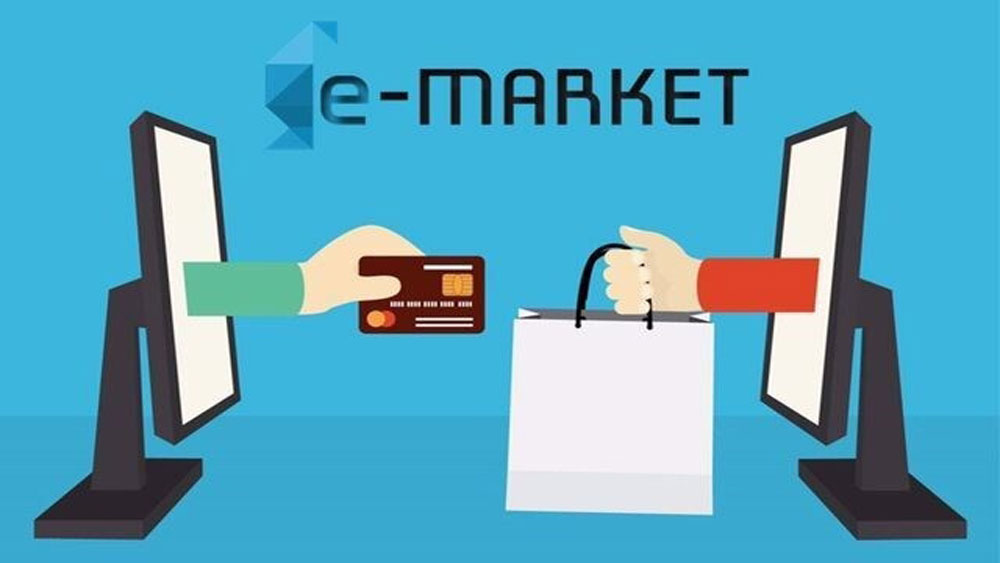Protecting consumers in the digital economy
 |
|
Illustrative photo. |
The benefits, as well as challenges, brought about by the digital economy are currently being analysed from a number of different perspectives, one of which is the protection of consumers’ information.
In a digital economy, consumers’ information is not limited to traditional content, such as identity information (name, address, telephone number); financial information (account number, bank card number) but also information describing the behaviour, way of thinking and transactions of the consumers themselves.
The marvellous development of information technology has allowed certain businesses to collect almost all behavioural information of consumers in the transaction process, information reference, and products and services search, as well as their hobbies and interests through conversations with friends on social networks.
All of the information is collected, aggregated and analysed, thus, helping enterprises to orient their activities and consumer groups that enterprises will approach in order to promote their business activities. Information collection and exploitation has become a fundamental concept in the digital economy, with the support of a super-massive IT system. Major corporations such as Google, Microsoft, Amazon and Facebook are typical examples of this application in business activities.
In Vietnam, it is a simple process for businesses to obtain a list of customers with detailed information, such as location, phone number, e-mail address, position, and even the transaction history of consumers. Businesses use this information to make calls, send text messages and e-mails for various purposes and in certain cases, there are even signs of law-breaking or fraud.
According to The Ministry of Industry and Trade’s Competitive Management and Consumer Protection Department, over the past few years, the Department has received a lot of feedback and complaints from consumers for receiving too many phone calls and messages from social networks that provide deceptive information. Most of these contact activities contain at least some of the consumers' precise information, such as their name, home address, and trading activity performed in the past with a particular business. This accurate information is an important basis for consumers to believe in the content of the offer. Many people have been tricked and then submit to fraudsters a sum of money, from VND1-2 million to even VND100 million. Dealing with fraudsters to resolve these cases is often very difficult because they usually use false information.
The Law on Protection of Consumer Rights, promulgated in 2010, regulates the responsibilities of enterprises in the protection of consumers’ information. In recent years, many enterprises have paid great attention to protecting consumers, as well as actively implementing the law through the development of internal policies on the management of consumers' information.
However, in fact, a number of enterprises have not grasped the regulations. Many consumers are unaware of potential dangers when providing information on social networks using financial transaction information. It is very easy to allow fraudsters to exploit and take advantage of their information.
In order to ensure information security and protect consumer interests in the digital economy, it is necessary to devise a wide range of measures and solutions, such as raising consumer awareness of the value and importance of securing personal information, whilst grasping the relevant legislation to protect themselves.
In addition, it is necessary to promote the role of inspection and supervision of enterprises in the process of carrying out transactions and to strictly comply with legal provisions on the protection of consumers' information.
Ensuring consumer rights in e-commerce transactions should also be applied to the level of protection equivalent to traditional transactions. Strict enforcement of sanctions should be implemented when detecting violations and international cooperation among agencies and organisations in protecting consumer rights should be enhanced.
Source: NDO
 Bắc giang
Bắc giang








Reader's comments (0)